The Trees Have Leaves
The first time a person with vision problems puts on a pair of glasses, a common remark is “The trees have leaves!” The light shining between separate and distinct leaves, even the translucent green with thin veins. The viewer is capable of seeing a delicate image of beauty, where before was an intimidating shadowy blob of brown and green. When I misplace my glasses I am reminded of the vulnerability of visual impairment. I am rendered dependent on my other senses, and on other people.
So too was my experience with mental illness before medication. If you have ever ridden on the Metro, you will be familiar with the blur of lights that passes by in the tunnels between stations. Light blur, darkness, light blur, darkness, arrive at station and then begin again. It is beautiful to watch, but oh so fast. That was my life before. All around me, while life blurred by, my brain whirred at speed all its own. Occasionally, my mind and the world would be in sync and I could catch my breath. All too often however, I felt like I was passing life by, or it was passing me by. Either way all I could do was hold on and wait for the next stop.
I carry a diagnosis of PTSD, a result of being molested as a child by the father of a neighbor child. I also carry a diagnosis of Borderline Personality Disorder, ADHD, and anxiety. Not surprisingly I also suffer from Depressive Disorder. Borderline Personality Disorder is a fairly recent diagnosis for me, although it has been considered for several years. I wish I could say that the problems resulting are as recent as the diagnosis itself, but alas no. BPD has been a destructive force in my life.
BPD gave me a broken pair of glasses that twisted my memories of my parents. For several years, all I could remember was the bad. I constantly re-lived fractured and dark memories. I remembered explosive fights, anger and chaos. Every conversation I had with my parents was littered with recollections of trauma and passively and assertively blaming them. My parents, listened patiently, despite the pain this caused them. I struggled to maintain jobs longer than a few years. Most of my relationships would end after a year or two. I moved every couple of years, as well switching my friend circles.
When I got married, it was like a switch flipped. Our marriage counselor tells me that I must have felt safe to re-enact my traumas with my husband in order to process them. It makes sense. I began accusing my husband of attempting to control me. If we argued, I would mentally replay my parents fights in my head and become afraid that we would inevitably divorce. My instinct was to threaten to leave or to end my life. Over time and despite my fears, he kept encouraging me. He kept meeting my accusations with logical questions. These questions confused me because they gave me a sense of cognitive dissonance. I didn’t like being confronted with a different perspective.
When I learned I was pregnant, life changed for me. I did not want to put my trauma on to my daughter. I also did not want to continue a cycle of generational abuse. I told my therapist about my fears. They were optimistic even when I wasn’t. Therapy helped me process my trauma and my anger. Over time I began to register that my parents may have made mistakes in the past, but they had done their best. Their fights were never about me, no matter how I internalized them. They clearly loved me. Better memories started to return as well. I started to recall board game nights and times when I was ill and they both were there with me, taking care of me. At first those memories were difficult because they too challenged my narrative of my upbringing. How could I be traumatized if my parents were good parents? I understand now that that is part of BPD. It creates these all or nothing thoughts, it creates distorted reasoning. It is my choice whether to sink into the narrative or to fight through the fog.
When I gave birth to my oldest daughter, I became unhealthily attached to her. She was my reason for being, she was my salvation, she was my chance to prove I was a better parent than my parents, my chance to break the cycle of abuse in my family’s history. What a burden to put on a newborn. As she grew and began testing her boundaries, I was confronted with my fears. There were moments when I would lash out at her, terrified of her and I getting in trouble. Moments when I saw in front of me a version of myself as a scared child, and not my child. The images would be warped in my mind like that fast moving Metro. At two years of age, I gave her permission to call me out if I scared her. She was allowed to tell Mommy to stop and go time out. What choice did I have? I knew I was not being rational, I knew I was not in control of my flashbacks.
I began Eye Movement Desensitization and Reprocessing (EMDR) therapy. It was very successful. Within a few treatments, I was able to slow the thought train down, long enough to walk out of the room when I felt a flashback looming. I was able to regain my composure, call my husband or my friend and talk to them about what I was feeling. Most of my daughter’s third year she got away with everything. I did not trust myself to hold her to a behavioral standard yet. Her teachers and my friends were brought into the conversation. Slowly I was able to distinguish myself from her. I learned that I was not really mad at my daughter, simply afraid of my own feelings and my lack of control. Instead of lashing out, I started slowing down to discuss things with her. If she hit me, as three-year olds are prone to do, I would sit down on the floor and wait for her to crawl into my lap. I would explain to her how hitting hurts. We would talk about why she hit, and what words she could use next time.
I knew I loved my daughter, and I did not want for her the life I grew up in the shadow of my trauma, afraid that she wasn’t heard or supported. By her fourth year of life, I was able to trust myself to establish boundaries again. By this time she had a little sister. I felt more confident as a mother. My oldest was kind and gentle with her sister. She was loving and protective. I watched her practice and model things that I’d been working on in therapy. When the baby would hit, my oldest would gently tell her, “Sister, hands are for loving.” Other times when my oldest felt angry, she would stop and tell me her feelings, “I’m jealous that you aren’t playing with me, Mama.” Clearly, she had been watching my efforts to better articulate my emotions.
After I stopped breastfeeding my youngest, we started playing with medication. First we tried Welbutrin. That did nothing. Adderall helped the ADHD, but spun my anxiety to an all-time high. I started over-spending and overcommitting, essentially sabotaging myself. The process left me feeling terrible about myself again. We decided to take me off the Adderall and try Effexor-XR, opting to treat the anxiety and PTSD.
This was my clear-vision moment. As I adjusted to the medication, my anxiety became something I could witness, rather than experience. When something would trigger my anxiety, it was like I’d get an alarm bell. I would recognize the trigger, recognize what my instinctive reaction was, and have enough time to process the trigger and respond appropriately. For example if my husband cancelled plans, that might trigger feelings of rejection or abandonment. My reaction typically would be to interpret his behavior as a secret message: “You aren’t important to me, and frankly I’m not sure if I still love you.” With therapy and the medication, I was able to feel that reaction, and address it: “Hey honey, that’s fine. Can we reschedule?”
These conversations, and the space my medication gave me, made me realize that BPD had potentially ruined one of my best outlets for help. In my need to be validated, I realized that I had been distorting anecdotes to my friend or to my husband, in order to gain sympathy or to bolster my arguments. The result was that the two people in my life who could be my support team felt disrespected by the other. I called my friend and I told her what was happening. I also spoke with my husband and apologized to him. Both were loving and understanding. That is a testament to the support that is around me.
When I spoke with my therapist, we discussed a more direct treatment plan to help me remap my mental pathways and to help address the trauma-induced distortions in my mind. My therapist tells me that for all of my fear that I’ve come a long way. She sees a lot of hope for the future.
As I mentioned, my oldest is now six. She doesn’t remember the days when she had to put mommy in time-out. Most of her tantrums now are one-sided and no longer trigger flashbacks. I’m not perfect. I lose my temper with her, but when I do, I am present. My husband is always within earshot if I need to take a break.
Four years ago, I wondered if I would ever see the forest for the trees. Now I see the sunlight glint between the leaves and am filled with its radiant beauty. Life isn’t perfect; it never will be. BPD is the shadow between the trees. The difference is now, I have tools. Hold a friends hand, shine a light in the darkness, or just be mindful that the shadows are there and will always be. I don’t have to be afraid. It took a few years for me to realize my illness doesn’t define me or my relationships. Depression and distorted thoughts pop up and tell me sometimes I’m not cut out to be a mom, but then I look at my two healthy, driven daughters and I see the truth. I look around at the home I’ve now lived in for nine years. Three times longer than I’ve lived anywhere else, in a marriage that has survived despite my worst efforts. I left my last job on good terms so I could focus on my children. I’ve completed my associate’s degree, and will soon graduate with a BA in Sociology, with the intent to pursue my graduate degree shortly thereafter.
In short, I see the leaves. I see the trees, I see the forest. And even more than that, I see the path forward.


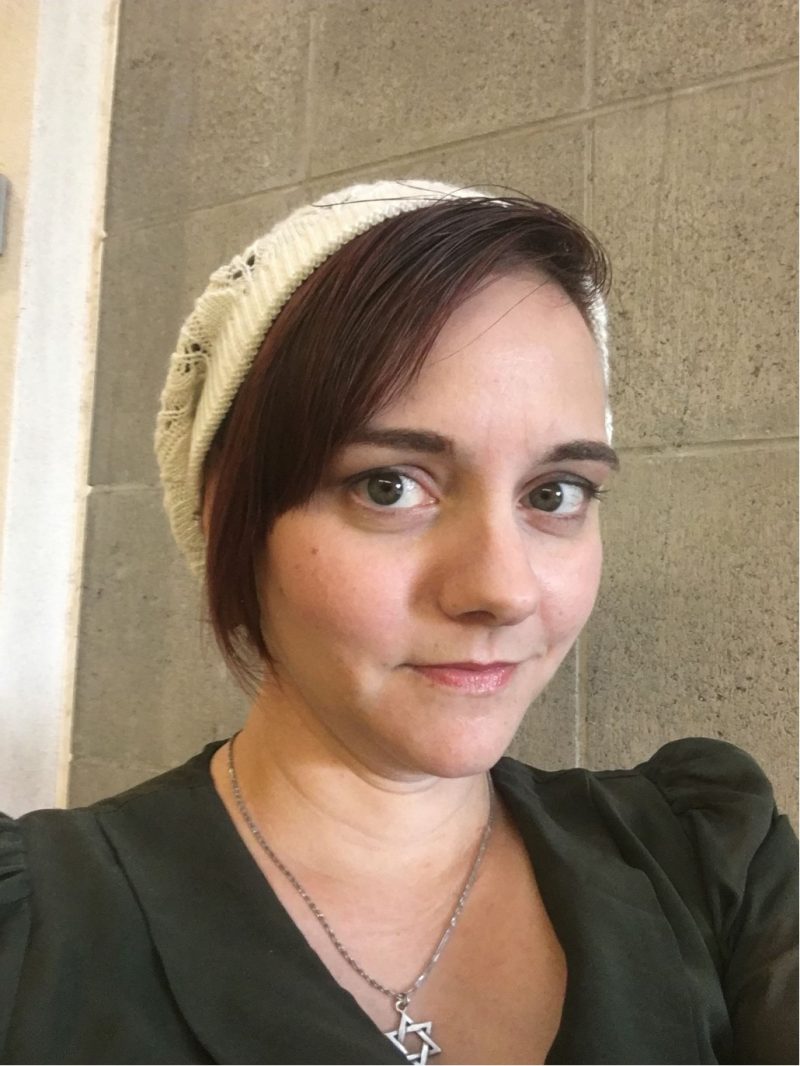
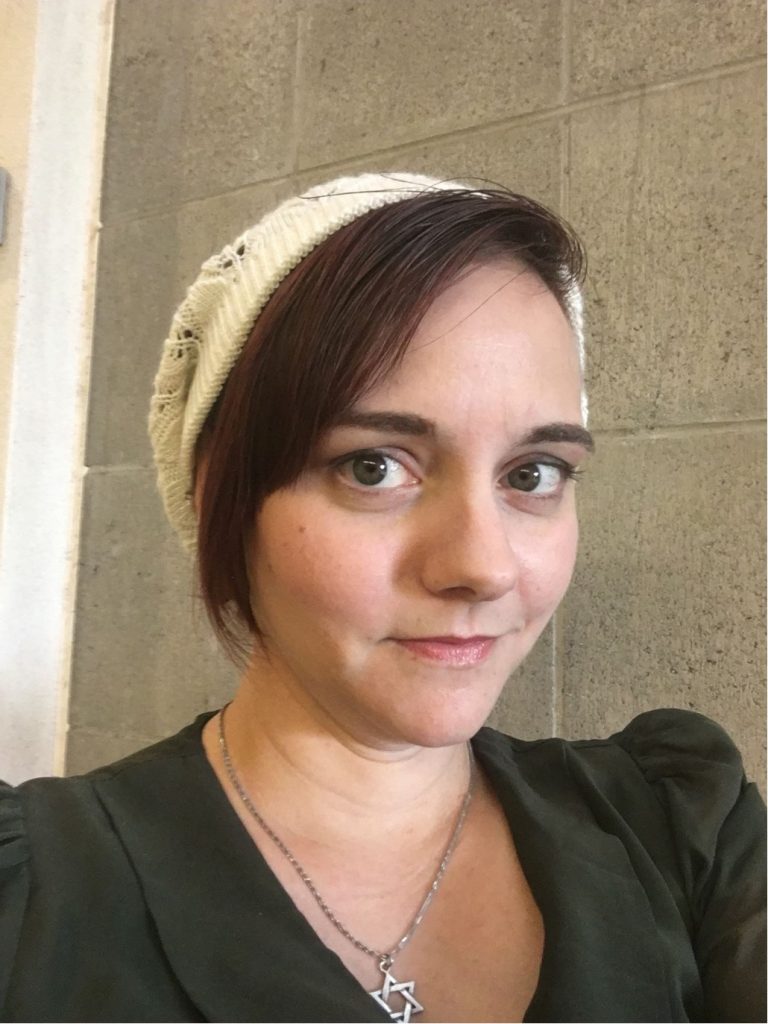

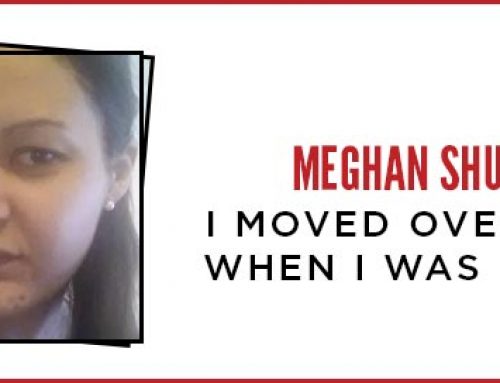
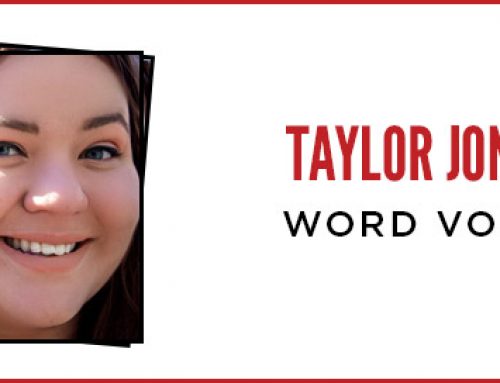
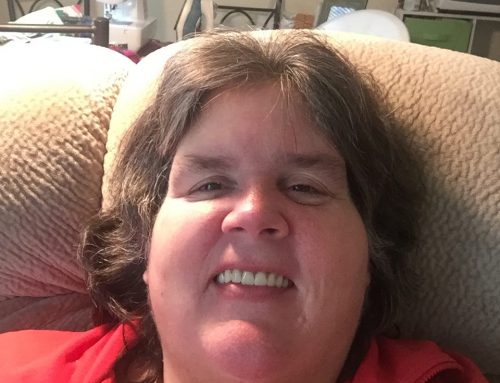
Leave A Comment